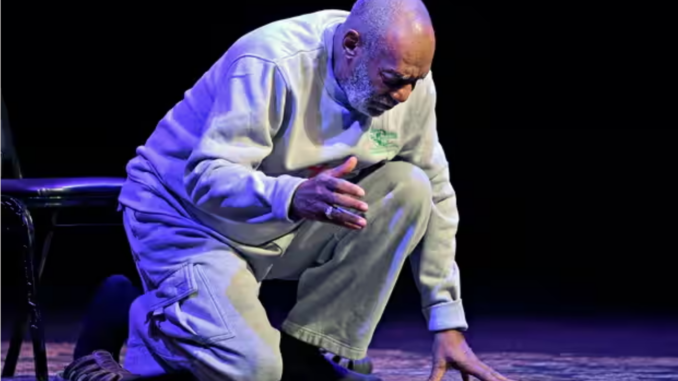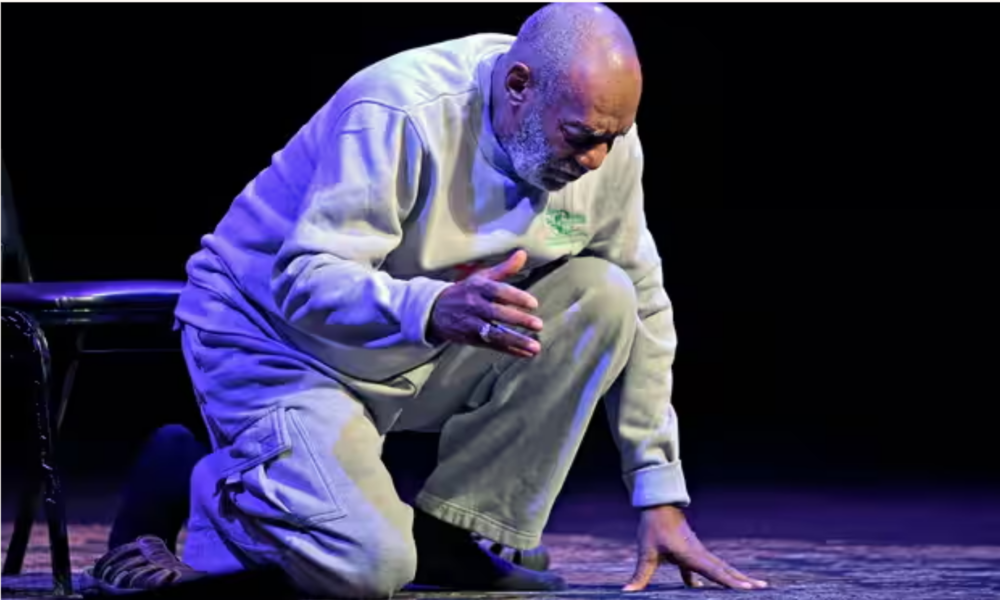
It took a comedian to call Bill Cosby to account
The rape allegations against Cosby didn’t stick until Hannibal Buress made the accusation on stage. Sometimes comedians are able to say what others can’t
Judging by the story of the National Enquirer spiking a scoop nine years ago about Bill Cosby’s activities, and the Newsnight edition about Jimmy Savile that wasn’t aired, we might have waited a long time for journalism to reveal what those two veteran entertainers were ( allegedly, in Cosby’s case) getting up to.
In both instances, comedy got there first – most strikingly in the case of Cosby. Everyone is talking about those Cosby rape allegations – but only because of what US standup comic Hannibal Buress said on stage in Philadelphia last month.
“Bill Cosby has the fuckin’ smuggest old black man public persona that I hate,” Buress said. “He gets on TV, ‘Pull your pants up black people, I was on TV in the 80s! I can talk down to you because I had a successful sitcom!’ Yeah, but you rape women, Bill Cosby, so turn the crazy down a couple notches.”

Here were allegations that had been discussed before, but had never stuck until a standup chose to let rip.
Scroll back to 1987 and there was Jimmy Savile – loved and respected entertainer, high status to the point of immunity, rumored to be dodgy but no one said it publicly. Except for Jerry Sadowitz. “He’s a child-bender!,” ran Sadowitz’s routine. “That’s why he does all the fucking charity work: it’s to gain public sympathy for when his fucking case comes up.”
No one listening to Jerry, of course. Perhaps there was a boy-who-cried-wolf effect at work; Sadowitz is bilious and offensive about everyone, an outrider and easy to dismiss. Buress – an ex-writer of 30 Rock and Saturday Night Live, an acclaimed Edinburgh fringe act three years ago, and recently dubbed “the funniest man alive” in a magazine profile in his native Chicago – is a more measured and authoritative figure. The more significant difference, though, is that Buress’s routine was filmed on a smartphone and posted on YouTube. It couldn’t disappear. No one could pretend it hadn’t been said. It was on record.
In both scandals comedians were the first to stick their heads above the parapet. It’s easy – especially these days – to dismiss comedy as a light-hearted branch of the entertainment industry. But it has a more profound role than that. Their practitioners have a license to say what others can’t. Shakespeare’s fools were doing it, and comics today are doing it now – exploiting the license that comes with humour, the “only joking” excuse, to expose realities that can’t be exposed elsewhere (because they’re libellous, commercially problematic, taboo , whatever.)